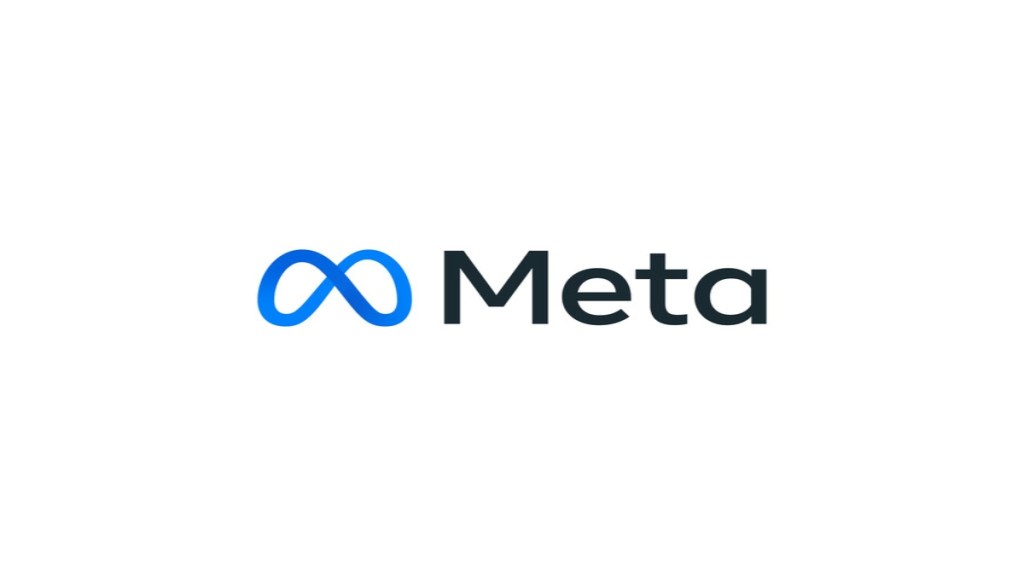Meta has removed approximately 8,000 ‘celeb bait’ scam advertisements from its platforms, Facebook and Instagram, as part of a collaborative effort with Australian banks to address this issue. These scams typically use images of well-known individuals, often generated by artificial intelligence, to deceive consumers into investing in fraudulent schemes.
The U.S. social media giant’s actions followed 102 reports received from the Australian Financial Crimes Exchange (AFCX), an intelligence-sharing organisation established by the country’s major banks, since April.
The prevalence of such scams is a significant global concern, but Meta faces increased scrutiny in Australia. Prime Minister Anthony Albanese’s government is planning to introduce an anti-scam law by the end of the year. This proposed legislation includes fines of A$50 million (approximately $34 million) for social media, financial, and telecommunications companies that do not adequately combat scams. A public consultation on this matter is set to close on October 4.
Reports of scams in Australia rose nearly 20% in 2023, with total losses amounting to A$2.7 billion, according to the Australian Competition and Consumer Commission (ACCC). The ACCC previously accused Meta in a 2022 lawsuit of not effectively preventing the spread of cryptocurrency advertisements featuring images of celebrities like Mel Gibson, Russell Crowe, and Nicole Kidman. It estimated that 58% of cryptocurrency ads on Facebook were likely scams. Meta is currently contesting this lawsuit, which has not yet gone to hearings.
In addition, Meta is defending itself against a separate civil lawsuit in California initiated by Australian mining magnate Andrew Forrest. He alleges that Meta facilitated the publication of thousands of fake cryptocurrency ads using his likeness, resulting in ongoing financial losses for Australians. Forrest has been alerting Meta about these scams since 2019.
As per Reuters, during a media briefing, David Agranovich, Meta’s director of threat disruption, mentioned that the collaboration with Australian banks is still in its early stages. He noted, “What we find promising is that a small amount of high-value signals can help us identify much wider fraud and scam activity,” referring to indicators within ads that suggest potentially inauthentic content.
When asked about Meta’s stance on Australia’s proposed anti-scam code, Agranovich stated that the company is still reviewing the draft legislation and anticipates sharing more information in the future.
Rhonda Luo, head of strategy and engagement at the Australian Financial Crimes Exchange said industry initiatives “are really important to get ahead of the curve on scams, rather than wait for regulation to come in and have effect”.

